21st Century Cures Act
![]()
-
01
Last year’s 21st Century Cures Act (often overlooked because of ACA reform) already forced the FDA to consider data from outside clinical trials, such as observational studies, insurance data and patient input. For the first time, the FDA will have to confront data collected via biosensors during continuous monitoring—rather than just before/after endpoints.
-
02
The FDA has scoffed at surrogate endpoints in trials. They won’t be able to once machine learning on large datasets kicks out hidden layers, concretely tying constellations of surrogates to long-term outcomes.
-
03
Because of the high prices, insurers will force a stark decoupling of approval and reimbursement.
-
04
The “Right to Try” movement will force the FDA to allow terminal patients the opportunity to try drugs approved in other countries.
-
05
Insurers will start to require biosensor monitoring of surrogate endpoints, to be sure some drugs are actually effective on each individual patient. Diabetes or heart conditions will go first.
-
06
“Personal use” purchasing will be tolerated. Alarmed by more people buying drugs online that might be harmful and counterfeit, the FDA won’t intervene when patients buy from licensed pharmacies abroad that get real drugs from approved manufacturers.
-
07
Bioelectronic devices will begin to replace some drugs. Their manufacturers, as well as disease management companies, will preach to the public an ideal of going off medications.
-
08
More countries will follow Japan, allowing drugs in emerging research areas a six-year license after only Phase 2. During those six years, evidence of real-world efficacy can be accumulated. Pressure on the US to follow will mount.
-
09
While it still may be illegal to pay your way into an official clinical trial, it will be legal to pay your way into an observational study. Pharma will learn to use this to defray costs.
-
10
Pharma will partner with the FDA to consider drug price, not just drug efficacy, in its review. Price competition will open the door for shelved drugs to enter the market.
-
11
To handle the sheer volume of authorizations, drug regulation will become like financial regulation—reliant on third-party certification companies, akin to credit rating agencies.
-
12
Having long wanted post-market studies on drugs, the FDA will grant some drugs a temporary license after Phase 2 if continuous efficacy can be monitored. Patients who don’t get benefits will have to go off the drug immediately. Those who get verifiable benefits will stay on.
-
13
A new era of drug development will begin.
The pace of innovation is amazingly fast, but regulatory issues and authorities cannot keep up. Though the FDA has made some great steps forward, they will face major dangers in the coming years.
Bertalan Mesko
the Medical Futurist
